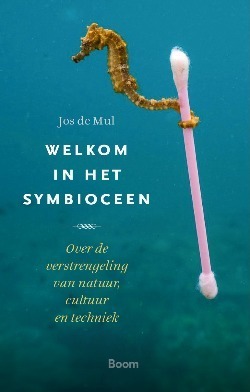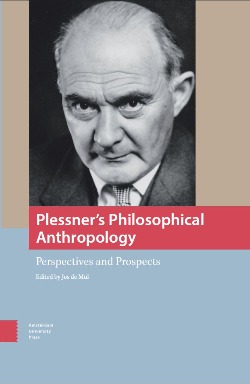News
This website is currently under (re)construction
Publication March 28, 2024
Books by Jos de Mul
Most read publications
- The syntax, pragmatics and semantics of life
- Wittgenstein 2.0. Philosophical reading and writing after the mediatic turn
- Understanding Nature. Dilthey, Plessner and biohermeneutics
- Destiny Domesticated. The Rebirth of Tragedy Out of the Spirit of Technology
- The Tragedy of Finitude. Dilthey's Hermeneutics of Life (2nd edition)
Search this website
Contact information
Em. prof.dr. Jos de Mul, Erasmus School of Philosophy, Bayle-Building.
Burgemeester Oudlaan 50, 3062 PA Rotterdam, The Netherlands
How to get there?
Mail: P.O. 1738, 3000 DR Rotterdam, The Netherlands
Email:
Telephgone: +31 (0)10 408 8965 / (0)614000250
Follow @josdemul on Twitter/X in order to get updates about new publications








